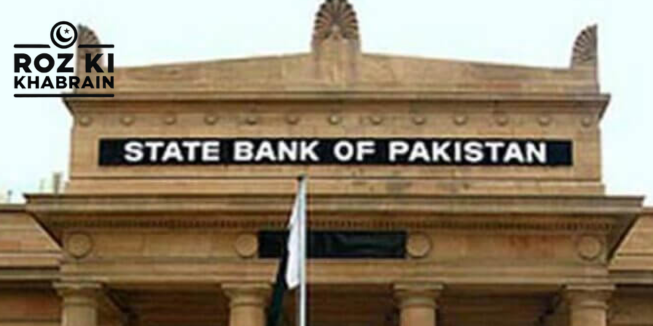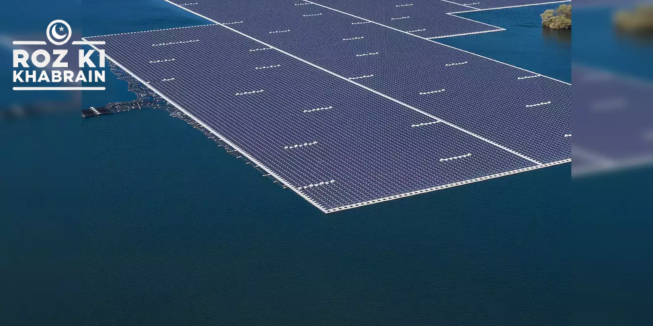ISLAMABAD:
Federal development spending has decreased to Rs115 billion in the first five months of the fiscal year due to fiscal constraints, but this has not stopped the government from funding more provincial projects, further depleting already limited resources.
Development expenditures remained at Rs115 billion during the July-November period of this fiscal year, significantly lower than the Rs376 billion allocated by the Ministry of Planning for this period under the Public Sector Development Programme (PSDP) 2024-25.
The substantial gap between the authorised and actual expenditures highlights difficulties in the fund release process, resource scarcity, slow project progress, and limited capacity to utilise allocated funds. The Rs115 billion spent accounted for only 10% of the annually revised development budget, leading to delays in key projects, while compensating for fiscal shortfalls in other areas. Additionally, the Federal Board of Revenue (FBR) missed its tax target for the first five months by Rs341 billion.
To meet the primary budget surplus target agreed upon with the International Monetary Fund (IMF), the federal government often cuts back on development spending. Despite being unable to fully fund ongoing projects, the government last week approved 15 development projects worth Rs422.7 billion. Some of these projects will be funded by wealthier provincial governments, but many others have been added to the already strained federal development budget.
In violation of its commitment under the IMF-guided National Fiscal Pact, the federal government also approved projects that fall within provincial jurisdictions. For example, the government approved a Rs12.1 billion project to extend the KLM Start point to Saggian Road and the Ravi Bridge, a project primarily benefiting Punjab and lacking national importance.
Under the $7 billion bailout package, the federal and provincial governments signed the National Fiscal Pact, a major condition of which is that the federal government reduces its involvement in provincial matters as per the 18th Amendment. Provincial governments are contractually bound to handle projects within their territories.
The planning ministry’s response regarding the approval of provincial projects in violation of the fiscal pact is still awaited.
Additionally, the federal government approved the construction of the Mangi Dam and a water conveyance system at an updated cost of Rs19 billion, with equal funding from both federal and provincial governments.
The IMF previously described Pakistan’s PSDP as “unaffordable” due to the country’s limited fiscal space, noting a total cost of Rs12 trillion to complete approved projects, requiring over 14 years.
No significant improvement in development spending occurred in mid-December. As of December 10, 2024, total spending reached Rs130 billion, which is Rs20 billion (or 13%) lower than the previous fiscal year.
For the current fiscal year, the government initially proposed a Rs1.4 trillion development budget in the National Assembly, which was later reduced to Rs1.1 trillion due to fiscal constraints. There is also a proposal to further cut the PSDP to fund the reduction in electricity prices by waiving applicable taxes.
Low disbursements have negatively impacted the country’s foreign exchange reserves, as foreign loans for development schemes fell short of expectations. For the current fiscal year, the government projected Rs220 billion in foreign loans but has only utilised Rs5.2 billion in the first five and a half months. Allocations for provincial development, special areas, Azad Jammu & Kashmir, and Gilgit-Baltistan were also affected. Against an annual allocation of Rs223 billion, only Rs42 billion was spent, the largest spending category so far.
Rs17.7 billion was spent on Azad Kashmir and Gilgit-Baltistan projects, Rs15.8 billion on merged districts of Khyber-Pakhtunkhwa, and Rs8.7 billion on projects in other provinces. The Pakistan Atomic Energy Commission spent Rs6.7 billion against an annual allocation of Rs25 billion, while the National Transmission and Dispatch Company and PEPCO spent Rs3.8 billion against their allocation of Rs33 billion.




